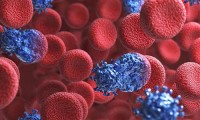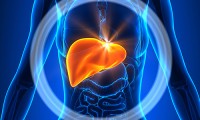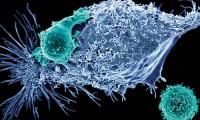-
Mercks to Lead Squamous Lung Cancer Treatment With Keytruda
- Source: Ddu
- 871
- May 24, 2018
-
Click-To-Release Chemotherapy – A Novel Approach
- Source: Ddu
- 655
- May 23, 2018
-
Daily Aspirin Increase Cancer Risk in Men
- Source: Ddu
- 699
- May 22, 2018
-
Sesen Bio Presents Bladder Cancer Treatment Data Following Name Change
- Source: Ddu
- 960
- May 22, 2018
-
Accent raised $40 Million to Develop Epitranscriptomics Studies
- Source: Ddu
- 852
- May 21, 2018
-
Opt for Cancer Drug to forgo Tuberculosis
- Source: Ddu
- 782
- May 18, 2018
-
New Blood Test for Liver Cancer Shows Promising Results
- Source: Ddu
- 903
- May 17, 2018
-
Amsterdam airport to be a new site for EU CAR-T manufacturing facility of Gilead
- Source: drugdu
- 867
- May 16, 2018
-
Personalized Cancer Vaccine Looks Promising in Early Study
- Source: Clinical Advisor
- 878
- May 15, 2018
your submission has already been received.
OK
Subscribe
Please enter a valid Email address!
Submit
The most relevant industry news & insight will be sent to you every two weeks.













